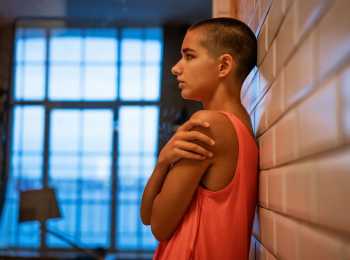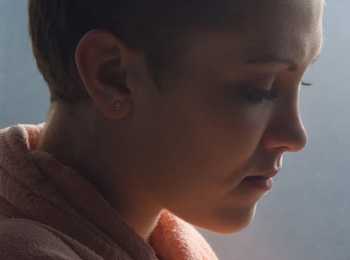Unfortunately, cancer can come back after treatment. That’s why regular check-ups (more tests and scans!) are essential for every young person who has had cancer.
After your treatment has finished you will need to have regular check-ups with your doctor. These enable your doctor to pick up any problems or late effects related to your treatment early.
At first your appointments will be very frequent, perhaps every few weeks or months. Eventually you will only need to see your specialist about once a year.
But if you are worried about anything, or feel like you need to see the doctor in between your scheduled appointments, contact them and they will see you sooner.
What’s involved?
What’s involved in your check-up depends on what kind of cancer you had and how your treatment went.
-
You might have some of the scans and tests that you had during treatment.
-
Your doctor will ask questions about your physical health, and also your emotional and mental health.
-
It’s okay in these appointments to talk about any problems or concerns you have in other areas of your life.
Do I have to keep having check-ups?
Yep! Going back to hospital for check-ups can be upsetting or scary. It might remind you of when you first found out you had cancer, or you might be afraid of relapse (cancer coming back). Some people feel sick as soon as they enter the hospital and smell that hospital smell.
Feeling scared or anxious is normal. It can also be irritating and inconvenient, especially if you have to travel a long distance to the hospital. But it’s important that you go so that any issues can be picked up early.
Late effects
There are some side effects from treatment that might not show up until later in life. These are called late effects and include lung, heart, kidney or liver problems, fertility issues, tooth decay and memory or concentration problems. They happen because cancer treatments can damage healthy cells as well as the cancerous ones, and this can cause health issues that don’t appear until later.
Not everyone who has had treatment will have late effects. The possible late effects depend on many different factors including:
-
your cancer type and site
-
what kind of treatment you had and for how long
-
your age when diagnosed, and
-
your overall health before cancer and now.
Ask your doctor whether you are at risk of developing any particular late effects, so you know what to look out for.
There’s no point worrying about if or when late effects might happen. The best strategy is to have regular check-ups with your doctor, and tell your doctor about any symptoms or concerns you have.
















